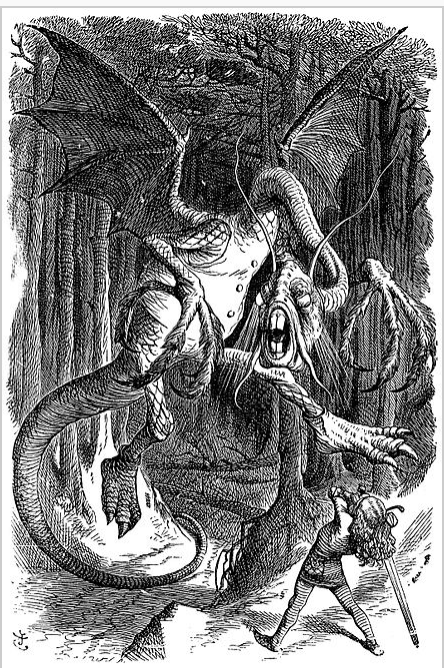Edu-tainment and overcoats: the portmanteau word
I think I first came across the phrase “portmanteau word” in a crossword puzzle. This was fairly recently, I’m only slightly ashamed to admit—sometime in the last year. Then I started finding it everywhere, the way the highway seems to be filled with green Subarus the moment you buy yourself a green Subaru. They were always there: You just didn’t see them because you weren’t thinking about them.
So a “portmanteau word,” for those of you who haven’t done a New York Times crossword puzzle lately, is a combination of two other words. As in the title of this blog, when education and entertainment combine to become something fun that also helps you learn something. Never mind that people always learn best when they enjoy what they’re doing.
But why “portmanteau”? It’s actually quite an elegant explanation. Wikipedia reminds me that portmanteau is French for “coat rack”—you know, that thing in your hallway that you keep piling overcoats on until it finally topples over (if standing) or falls off the wall, taking a chunk of your plaster with it. So a portmanteau word layers one word on another to create a new concept. Or, if you’re familiar with how Victorian Brits traveled, you’ll recognize it’s a suitcase with several compartments. Either way. It’s one thing that contains many. Vive la différence!
But where did the portmanteau word come from?

“The Jabberwock, with eyes of flame…” Original illustration by John Tenniel
Apparently (hat-tip to Wikipedia again), the word has been around since Lewis Carroll used it in Through the Looking Glass to explain the lovely, evocative words he’d created in his poem Jabberwocky, which begins and ends with this stanza:
`Twas brillig, and the slithy toves
Did gyre and gimble in the wabe:
All mimsy were the borogoves,
And the mome raths outgrabe.
You can read the rest of the poem here, thanks to Mr. Internet and his friend Public Domain (who also give us the illustration—very generous guys, they are).
I’ve known the poem forever—can even recite chunks of it with minimal prompting—but I never knew that Carroll’s nonsense words were his attempt to Brangelina the language.
And that is your edu-tainment for this morning.